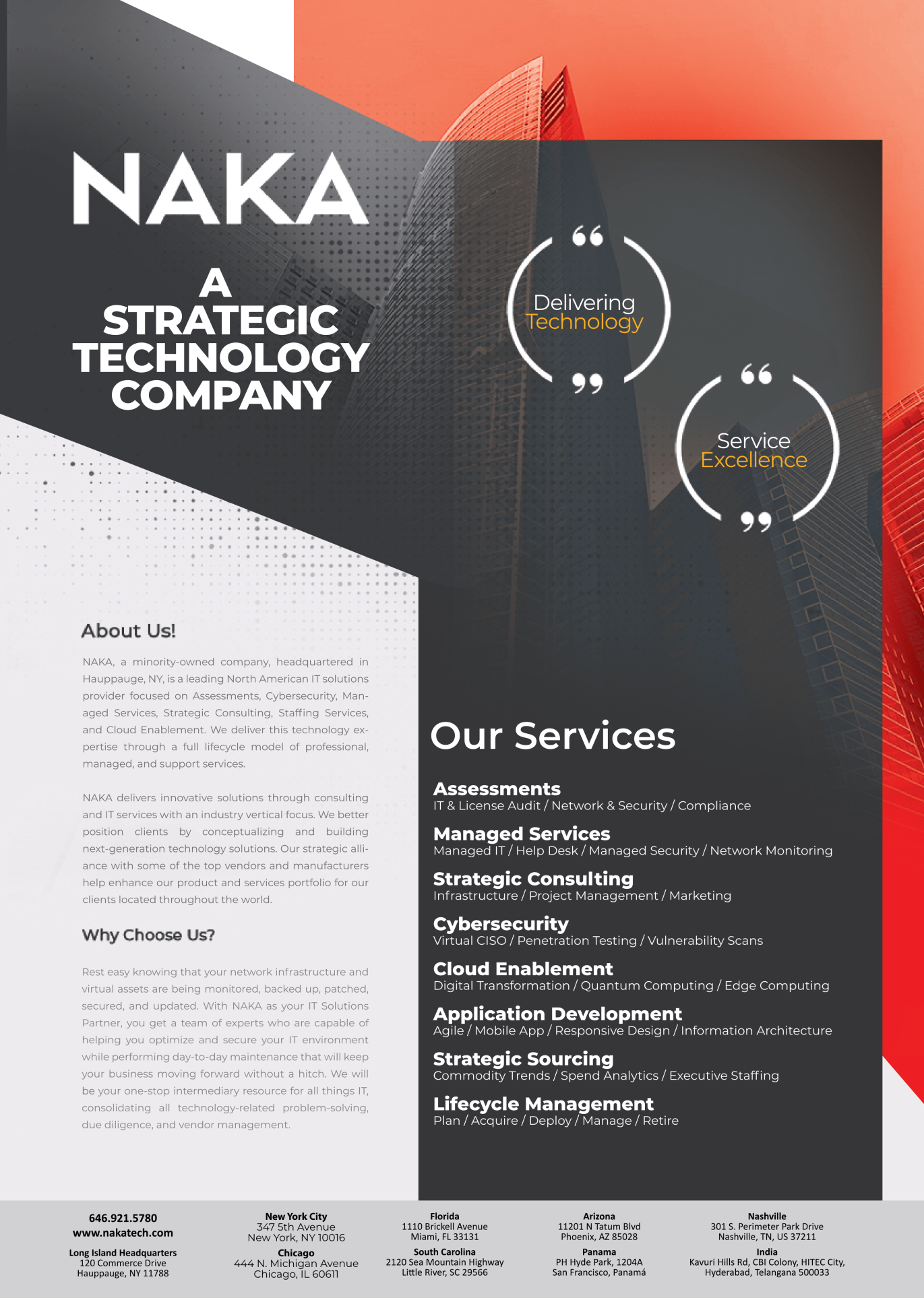Importance of Cloud Security: Protecting Your Business and Customers

Importance of Cloud Security: Protecting Your Business and Customers
In today’s digital age, cloud computing has become an integral part of business operations. It offers flexibility, scalability, and cost-efficiency, making it a preferred choice for organizations of all sizes. However, as businesses increasingly rely on the cloud, the importance of cloud security cannot be overstated. In this blog, we will delve into the world of cloud security, understanding its significance, risks, benefits, and best practices to ensure the safety of your business and, ultimately, your customers.
Understanding Cloud Security
Before we explore the importance of cloud security, let’s grasp the fundamentals. Cloud computing encompasses Infrastructure as a Service (IaaS), Platform as a Service (PaaS), and Software as a Service (SaaS). Cloud security, on the other hand, refers to the protection of data, applications, and infrastructure in the cloud. It is crucial because it involves the shared responsibility model, where both the cloud service provider and the user have a role to play in securing data.
The Risks of Inadequate Cloud Security
-
Data Breaches and Data Loss
Data breaches have become all too common in recent years. Major corporations and even government agencies have fallen victim to cyberattacks that resulted in sensitive data being exposed. These breaches not only harm the organization’s reputation but also carry significant financial and legal consequences.
Real-life examples of data breaches include the Equifax breach, where personal information of 143 million people was compromised, and the Capital One breach, which exposed over 100 million customer records. These incidents highlight the devastating impact that inadequate cloud security can have on businesses and their customers.
-
Compliance and Regulatory Issues
With regulations like GDPR and HIPAA, organizations must meet stringent data protection requirements. Non-compliance can lead to hefty fines and legal trouble, making it imperative for businesses to ensure their cloud environments are secure and compliant.
For instance, GDPR (General Data Protection Regulation) imposes strict rules on how organizations handle personal data. Failure to comply with GDPR can result in fines of up to €20 million or 4% of the company’s global annual revenue, whichever is higher. Ensuring compliance not only avoids penalties but also demonstrates your commitment to protecting customer data.
-
Downtime and Business Disruption
Downtime due to security incidents can be crippling. It leads to lost productivity, frustrated customers, and revenue loss. The impact on your business’s reputation can be long-lasting.
For example, the infamous Amazon Web Services (AWS) outage in 2017 disrupted services for major companies and websites, including Netflix, Airbnb, and Reddit. Such incidents emphasize the need for robust cloud security measures to ensure business continuity.
Benefits of Robust Cloud Security
Now that we understand the risks, let’s explore the benefits of investing in robust cloud security.
-
Protection of Sensitive Data
Implementing encryption and access controls ensures that sensitive data remains confidential. Encryption protects data both at rest and in transit. Additionally, strong key management practices safeguard encryption keys, preventing unauthorized access.
For instance, a healthcare organization storing patient records in the cloud can use encryption to ensure that patient data is protected from unauthorized access, even if a security breach occurs.
-
Compliance and Peace of Mind
Adhering to security best practices and regulatory requirements not only protects your data but also provides peace of mind. Knowing that you are compliant reduces legal risks and demonstrates your commitment to data protection.
For organizations in the financial sector, complying with regulations like PCI DSS (Payment Card Industry Data Security Standard) is essential. By implementing the necessary security controls, such as encryption and access controls, businesses can secure credit card data and maintain PCI DSS compliance.
-
Business Continuity
High availability and disaster recovery solutions in the cloud minimize downtime. In the event of a catastrophe, you can quickly recover your data and applications, ensuring that your business continues to operate smoothly.
Consider a scenario where a manufacturing company relies on cloud-based systems to manage production. If a data center outage occurs, redundant cloud infrastructure can ensure minimal disruption and a swift return to normal operations.
Strategies for Ensuring Cloud Security
To achieve robust cloud security, businesses can implement various strategies:
-
Strong Password Policies
Enforce password complexity requirements and regular password rotation. Weak passwords are a common entry point for cyberattacks.
For example, organizations can implement policies that require employees to use long, complex passwords and change them regularly. Multi-factor authentication (MFA) adds an additional layer of security, making it significantly harder for unauthorized users to gain access to accounts, even if passwords are compromised.
-
Regular Security Audits and Assessments
Conducting penetration testing and vulnerability scanning on a routine basis is crucial to identifying and addressing security weaknesses. Continuous assessment is essential to staying ahead of evolving threats.
Consider a financial institution that regularly performs penetration testing to identify vulnerabilities in its online banking platform. By addressing these vulnerabilities promptly, the institution ensures the security of customer accounts and builds trust with its clients.
-
Employee Training and Awareness
Train employees to recognize phishing attempts and social engineering tactics. Educated employees are your first line of defense against cyber threats.
An example here would be a cybersecurity awareness program conducted by an e-commerce company. By educating employees about the dangers of phishing emails and how to spot them, the company reduces the risk of employees inadvertently compromising customer data.
Cloud Security Best Practices
To further enhance cloud security, consider the following best practices:
-
Data Encryption
Encrypt data at rest and in transit. Implement strong key management practices to safeguard encryption keys.
Suppose a cloud storage provider encrypts customer data both during transmission and while it’s stored on their servers. In this case, even if a hacker gains access to the server, the data remains protected, preserving the confidentiality of customer information.
-
Access Controls
Leverage role-based access control (RBAC) and adhere to the principle of least privilege. Only grant access to individuals who need it for their job roles.
In a cloud-based software development environment, RBAC ensures that developers have access only to the resources and data necessary for their specific tasks. This minimizes the risk of unauthorized access and data breaches.
-
Monitoring and Incident Response
Continuously monitor your cloud environment for suspicious activities. Have a well-defined incident response plan in place to mitigate security incidents promptly.
Imagine a cloud-based e-commerce platform that uses advanced monitoring tools to detect unusual login patterns. If a suspicious login attempt is identified, the system automatically triggers an incident response process, locking out the intruder and protecting customer data.
-
Selecting a Secure Cloud Service Provider
Choosing the right cloud service provider is crucial for your security posture. Evaluate providers based on their security features, certifications (e.g., ISO 27001, SOC 2), and data center security. Review service level agreements (SLAs) to ensure they align with your security requirements.
For instance, when selecting a cloud service provider for a data-sensitive financial application, look for providers with strong security certifications like SOC 2. Additionally, ensure that the provider’s SLA includes commitments to data availability and security.
Conclusion
In conclusion, the importance of cloud security cannot be overstated. It is a vital component in safeguarding your business and customers’ sensitive data. By understanding the risks, embracing best practices, and selecting the right cloud service provider, you can ensure that your cloud environment remains secure and resilient. Don’t wait until a security incident occurs; take proactive measures to protect your business in the cloud.



